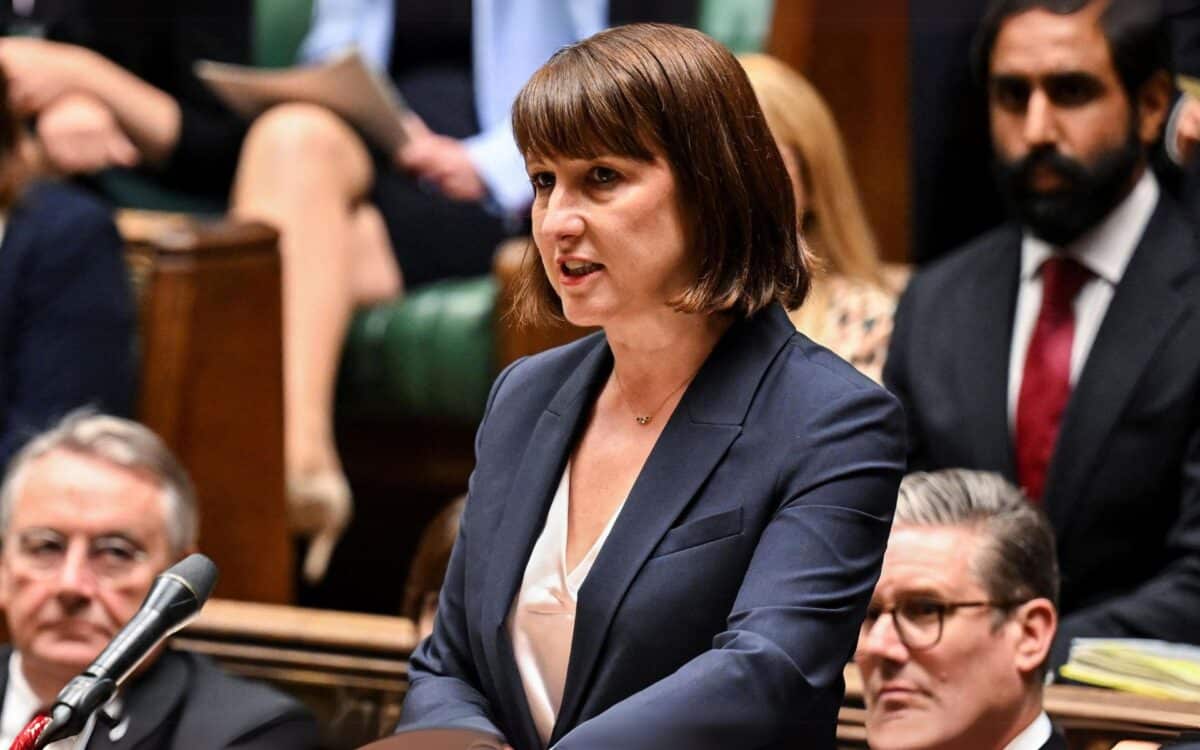The UK government, led by Chancellor Rachel Reeves, is preparing to announce a new investment initiative that would direct around £50 billion of pension savings into UK-based infrastructure and private equity projects. This large-scale plan is intended to channel long-term capital into sectors that can drive domestic development, productivity, and innovation.
According to GB News, the initiative is being shaped as part of a broader financial reset that places greater emphasis on national investment.
Chancellor Rachel Reeves is expected to outline the full framework this summer, positioning pensions as a lever for economic resilience and aiming to diversify how retirement savings are deployed across strategic sectors.
Updated Mansion House Compact to Be Unveiled This Summer
Chancellor Rachel Reeves is finalizing an updated version of the Mansion House Compact, a voluntary code originally signed in 2023 by several leading pension providers. The new version will require signatories to allocate 10% of savers’ capital into unlisted assets by 2030, with half of that total—approximately £50 billion—specifically reserved for UK investments.
The agreement is the result of multiple rounds of negotiations between Treasury Ministers, industry leaders, and the City of London Corporation, described by insiders as “sometimes tense”. The revised compact is expected to be formally announced at the Chancellor’s Mansion House speech in July.
The government is also considering reforms to cash ISAs to further encourage long-term domestic investment.
Key Pension Providers Involved and Expanding
The original Mansion House agreement was signed by Aegon, Aviva, Legal & General, Nest, Phoenix Group, and Scottish Widows. A second wave of funds is currently in advanced discussions to join the pact, including Fidelity, The People’s Pension, TPT Retirement Solutions, Royal London, Willis Towers Watson, and USS (Universities Superannuation Scheme).
The initiative is voluntary, but reflects growing pressure on the financial sector to support national economic priorities through pension capital deployment.
Focus On Infrastructure and Higher-Return Opportunities
The funds are expected to be directed into unlisted UK assets, such as infrastructure projects, growth-stage companies, and housing developments. These asset classes typically offer higher potential returns over the long term, though they also carry greater risk and lower liquidity compared to traditional equities.
While the Treasury supports this shift, industry voices have raised concerns over fiduciary duty, warning that any political direction on investment must not compromise their responsibility to deliver competitive returns for savers. Others pointed to the relative lack of transparency in private markets, compared with public exchanges.
Government officials acknowledged these risks and affirmed that the success of the compact will depend on the availability of high-quality domestic assets.
political backdrop and rejection of protectionism
This investment initiative follows criticism of Rachel Reeves’s decision not to back a campaign promoting British-made products. On April 8, Liberal Democrat Deputy Leader Daisy Cooper called on Reeves to support the initiative
As part of a broader national effort to encourage people to buy British here at home.
Reeves declined, stating :
In terms of buying British, I think everyone will make their own decisions. What we don’t want to see is a trade war, with Britain becoming inward-looking, because if every country in the world decided that they only wanted to buy things produced in their country, that is not a good way forward.
Labour leader Sir Keir Starmer’s office later confirmed that there were no plans to launch a government-led Buy British campaign.









